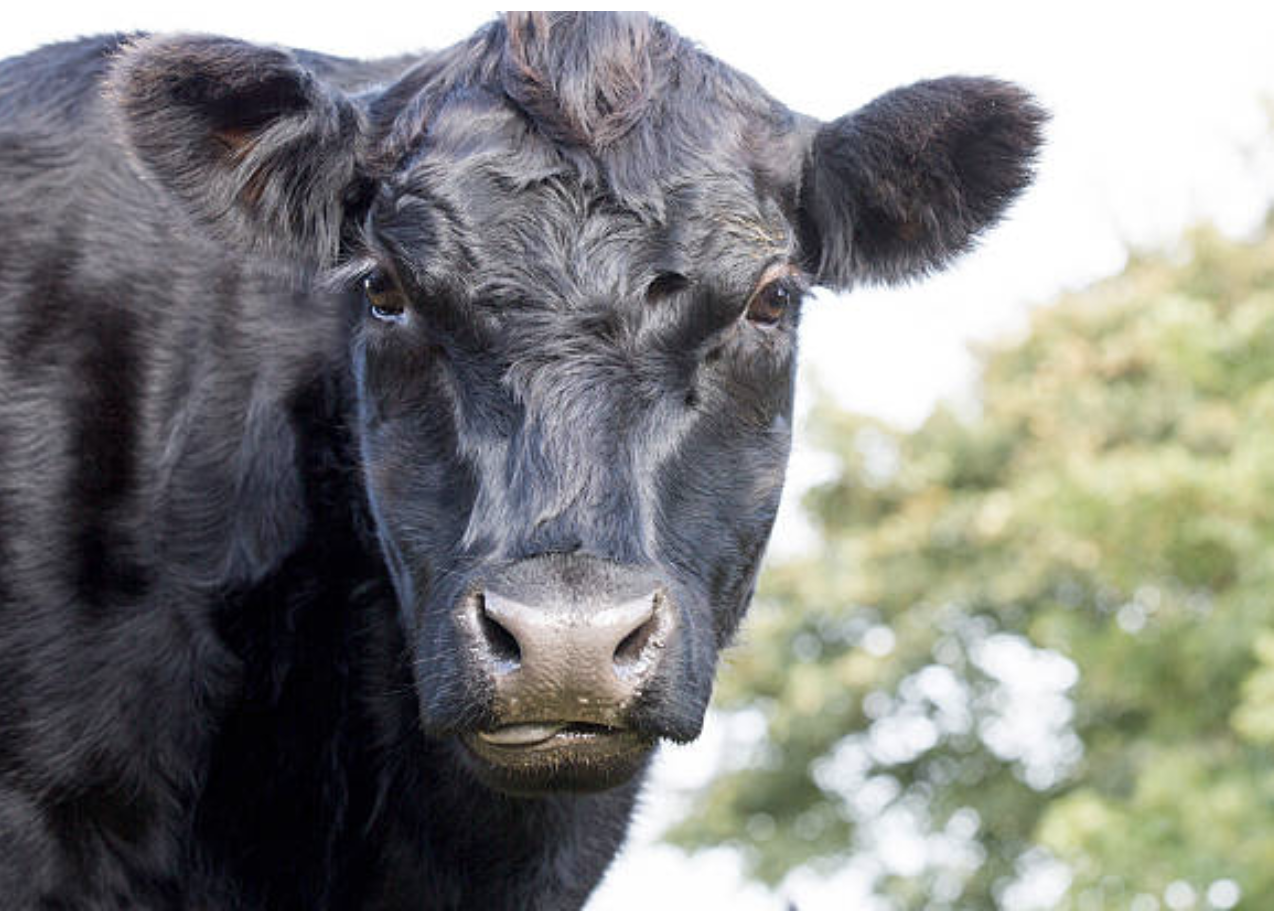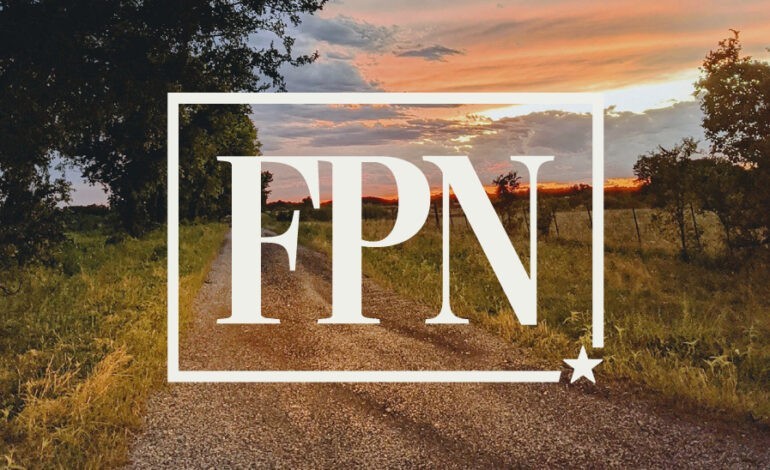Economic benefits of pre-conditioning programs by Mario Villarino


[adning id=”33097″]
Summary
This Result Demonstration compared pre-conditioned cattle sale prices (averages) during five consecutive years using a 45 Day preconditioning protocol and cattle sale prices during 2021 using a 60 Day pre-conditioning protocol. The results indicated a significant difference between beef prices of preconditioned cattle (+ $59.27) during 2021 when compared to all other previous years (average).
Objective
The objective of this applied research was to identify the impact of extended preconditioning period (60 vs 45 days) of similar pre-conditioned cattle sold in co-mingled cattle auction format in Hopkins County.
Materials and Methods
A total of 213,952 pre-conditioned cattle (45 Day protocol) were co-mingled, sorted in groups and sold to the highest bidder in an auction format setting in six bi-monthly sales during five consecutive years (2016-2020). 23,217 pre-conditioned cattle (60 Day protocol) were co-mingled, sorted in groups and sold to the highest bidder in an auction format setting in six bi-monthly sales during 2021.
Results and Discussion
The cattle numbers pre-conditioned and sold during NETBIO sales were as follows:

Table 1: Average sale prices averages (USD) of cattle under two pre-conditioning protocols.
In the 1990s, Extension Specialists at Texas A&M University developed a set of standardized calf health management protocols to guide producers in adding value to calves. Since weaning and shipping are both stressful events in a calf’s life, the time lapse between weaning and shipping is important.
By separating these stressors, the immunosuppressive impacts of each event are not combined, which reduces overall stress. Therefore, separating weaning and shipping, when combined with a sound vaccination protocol, further enhances the value of calves and is rewarded in the marketplace.
To seize economic benefit of pre-conditioning programs, a partnership between Texas A&M AgriLife Extension- Hopkins County, a group of organized beef producers and the Sulphur Springs Livestock Auction created the Northeast Texas beef Improvement Organization (NETBIO) and implemented periodical preconditioned cattle auctions. After 18 years of yearly sales, and because commissioned cattle numbers surpassed handling capacity of auction barn, bi-monthly sales were implemented in 2016.
After a difficult year for the local beef industry during 2020 and as a response to national and state stocker sales trends, the NETBIO adopted the 60 pre-conditioning days protocol to be implemented in 2021. Average sale price comparison between cattle sold in 2021 under a 60 Day pre-conditioning protocol vs the five-year average (2016-2020) indicated a higher price (+$59.63) when compared to those raised under a 45 Day pre-conditioning protocol.
Acknowledgements
The Texas A&M AgriLife Extension Service in Hopkins County would like to recognize the support of NETBIO during the development of this result demonstration.
By Mario Villarino
[adning id=”33207″]













